As the baton passes
May 28th, 2024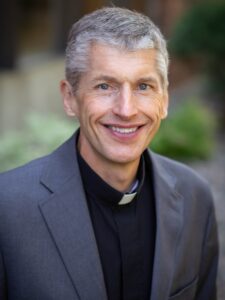 By Pastor Craig Pederson
By Pastor Craig Pederson
“Therefore, since we are surrounded by so great a cloud of witnesses, let us also lay aside every weight and the sin that clings so closely, and let us run with perseverance the race that is set before us, looking to Jesus the pioneer and perfecter of our faith, who for the sake of the joy that was set before him endured the cross, disregarding its shame, and has taken his seat at the right hand of the throne of God.” (Hebrews 12:1-2)
This is a time of year for endings: school years, graduations, church program years, confirmations, Timberwolves seasons (which has blissfully been extended this year, but probably not for much longer).
The endings in our household are heightened this year. I’m in the last week of my position as an assistant to Bishop Ann Svennungsen. It is also the last week of high school for our youngest child, Nora, who graduates on June 8.
For Nora, it is also the end of an enjoyable high school sports career that she shared with her dear friends. For five years, she has played soccer in the fall, basketball in the winter, and ran (and high-jumped) in track and field in the spring.
“As the baton of faith is passed from one generation to the next, sometimes the handoff is smooth and energizing.”
This year’s track season will not likely experience the same crescendo as the previous three, when her 4 x 200 meter and 4 x 400 meter relay teams went to the state tournament. Then two key seniors graduated, and this year’s team hasn’t quite found that extra gear.
But they ran their races hard. They ran with perseverance. And, they ran with joy!
FAITH IS LIKE A relay race. Is that a simplistic analogy? Kind of, … but if it worked for the writer of Hebrews, it works for me!
There is a great cloud of witnesses who, in their unique times and places, ran the race of faith before us. They did their best to believe and receive God’s freely given grace, to teach their children, to love their neighbors, and to form (and reform!) a church that would give glory to God. Holy scripture, bread and wine, and baptismal waters shaped their faith in ways that gave them endurance to trudge through the hard parts of the race, and to celebrate the wins that came when they glimpsed the kingdom of God among them.
As the baton of faith is passed from one generation to the next, sometimes the handoff is smooth and energizing. Sometimes it is shaky, and costs valuable time to try and overcome the flub. And sometimes, the baton is dropped – requiring an assessment of what happened, and a correction to try and prevent it from happening again.
“The cloud of witnesses did their best to believe and receive God’s freely given grace, to teach their children, to love their neighbors, and to form (and reform!) a church that would give glory to God.”
During my nine-and-a-half years on the synod staff, I’ve had the privilege and responsibility to assist with more than 150 transitions of rostered leaders in congregations. Most of these handoffs went smoothly, but some were a bit shaky and required extra attention. And a few were rough – the baton was dropped, assessments were needed, and corrections and new approaches were undertaken.
As I prepare to hand the baton to the new synod staff members, I celebrate the joys of this ministry, and I confess where I could have done better.
As I prepare to receive the baton in my new position as pastor of Augustana Lutheran Church in Minneapolis, I’m in awe of the faithfulness of previous generations who built that church and its social service institutions like Augustana Care Corporation and Community Emergency Service (CES). And I’m ready to persevere with them through some of their recent challenges to discover a “second wind” with the guidance of the Holy Spirit.
And as we do among the generations, I trust Jesus – the pioneer and perfector of our faith – to make whole the places that are broken, to provide perseverance for the race, and to inspire joy where the shame of the cross gives way to the glory of God!

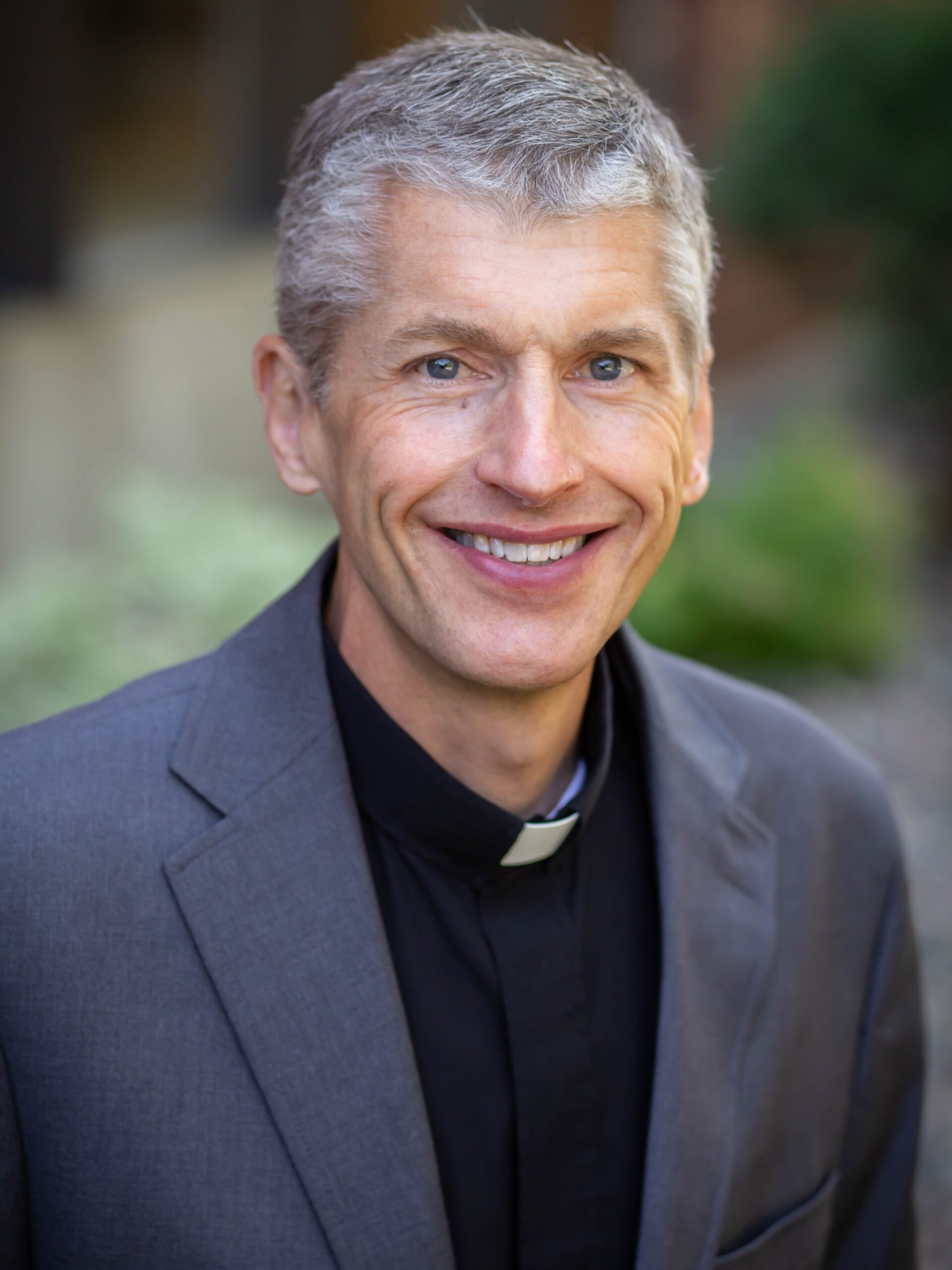
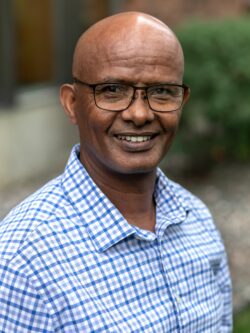
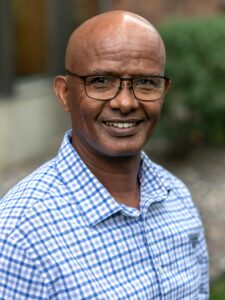 By Pastor Wondimu Sonessa
By Pastor Wondimu Sonessa 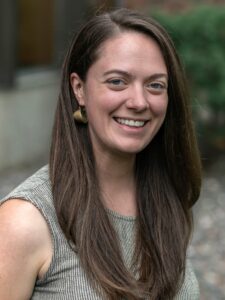 By Emilie Bouvier
By Emilie Bouvier 

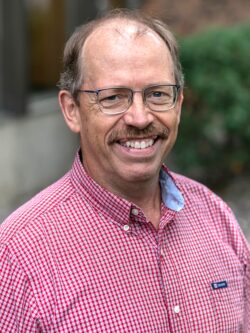
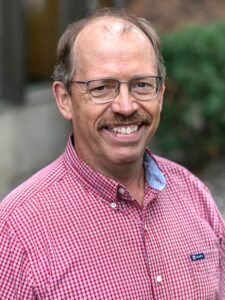 By Pastor John Hulden
By Pastor John Hulden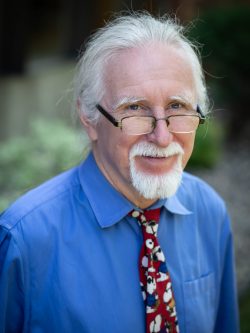
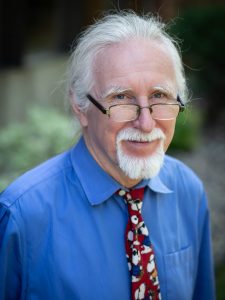 By Bob Hulteen
By Bob Hulteen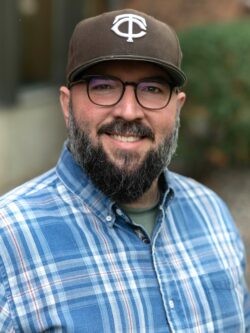
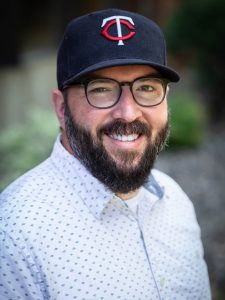 By Nicholas Tangen
By Nicholas Tangen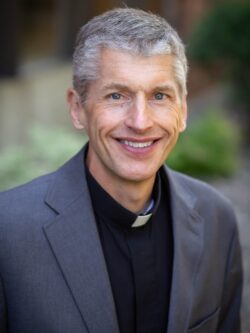
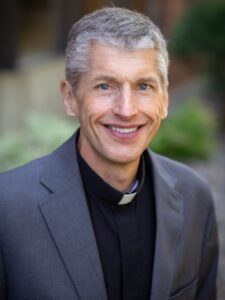 By Pastor Craig Pederson
By Pastor Craig Pederson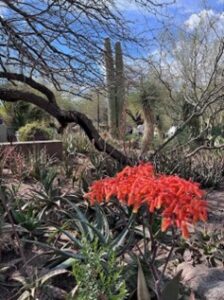


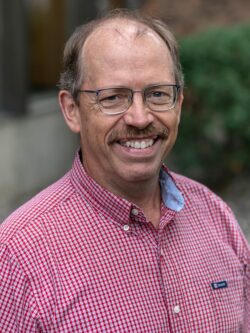
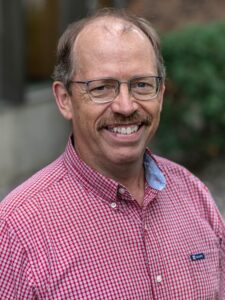 By Pastor John Hulden
By Pastor John Hulden
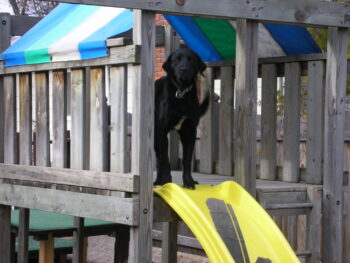
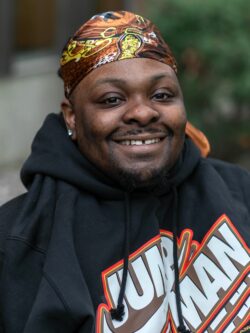
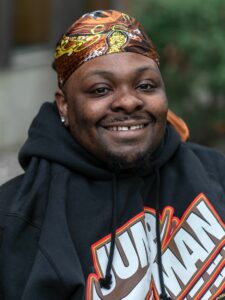 By Manny Lewis
By Manny Lewis